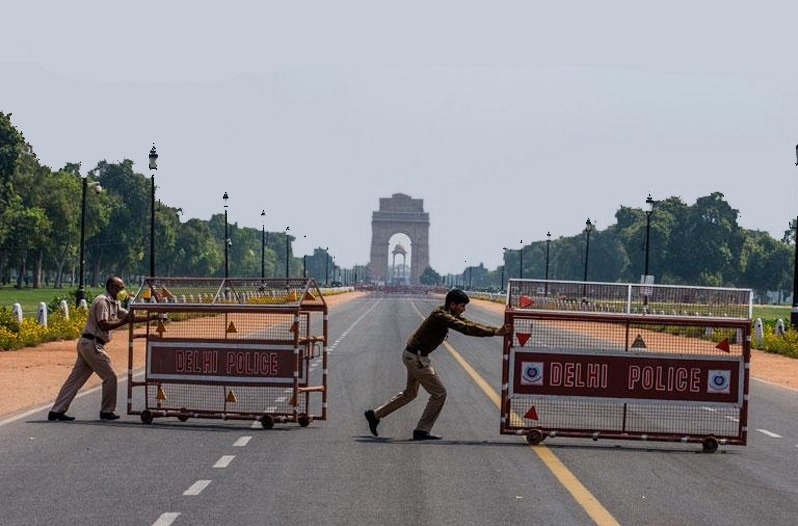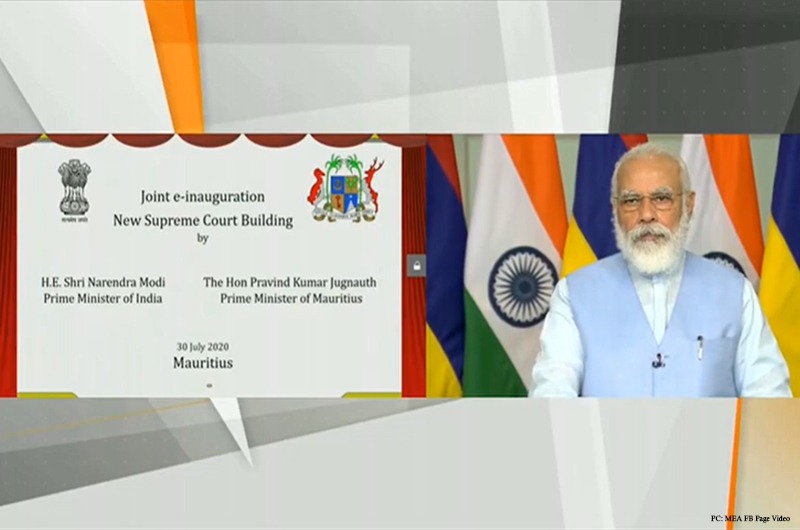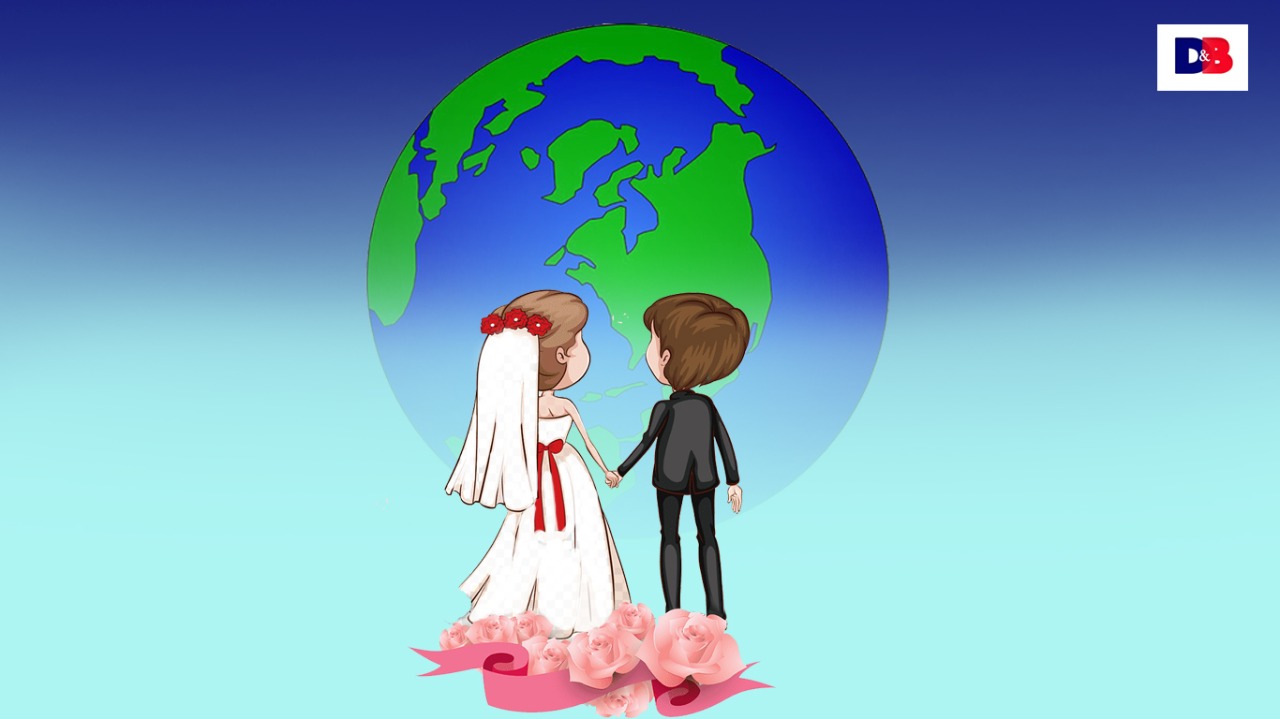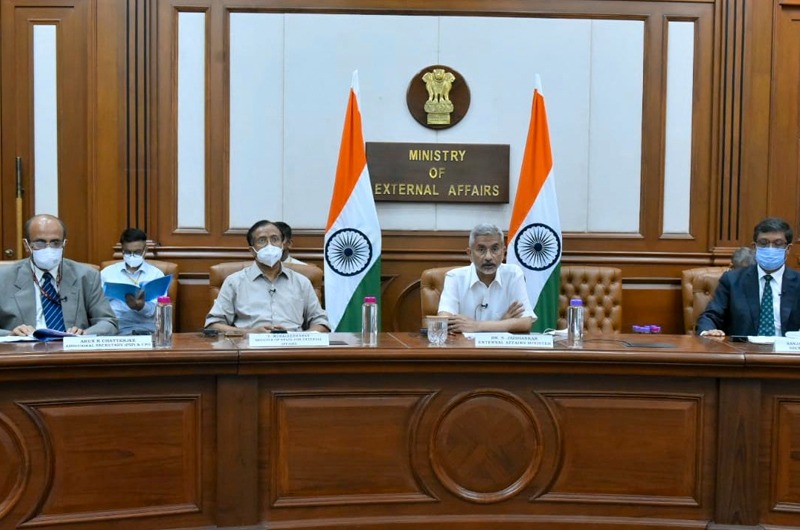In order to save the 1.3 billion population, India will see a complete lockdown for 21 days
Prime Minister Narendra Modi, while addressing the nation on March 24, announced a complete lockdown for three weeks starting from March 2 midnight, the longest stay-at-home order as the health authorities fight to break the chain and contain the virus outbreak in the country. The Prime Minister urged the citizens to stay wherever they are and restrict all movements effective immediately. Mr Modi emphasised on the fact that social distancing is the only way to deal with the pandemic and urged the citizens to treat the lockdown as “a curfew”. As of March 25, India has 586 positive cases and a death toll of 11.
For 21 days all GOI and State offices, commercial, private establishments, transport services (with few exceptions like essential commodities transport) will remain closed. All educational institutions, places of worship and gatherings will remain closed/banned without exceptions. Mr Modi has assured that all essential commodities including food, medicines and groceries would be available. Petrol pumps, electricity services, telecommunication services, water sanitation, health services, banks and ATMs, police authorities, and print and electronic media will continue to function across the country. According to the Ministry of Home Affairs, Government of India, any individual or organisation violating the containment measures will be liable to proceed against provisions of Disaster Management Act, 2005, besides legal action under section 188 of the Indian Penal Code.









